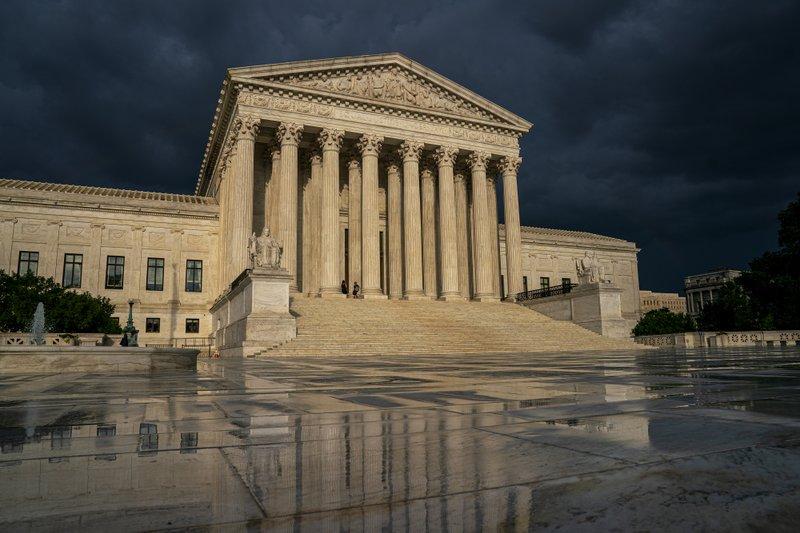WASHINGTON—A divided Supreme Court was urged Oct. 8 to extend the protections of the Civil Rights Act of 1964, which bans discrimination based on “sex,” in two cases that involve a fired gay male employee.
“When an employer fires a male employee for dating men but does not fire female employees who date men, he violates Title VII,” their attorney, Pamela S. Karlan of Stanford Law School, told the justices.





